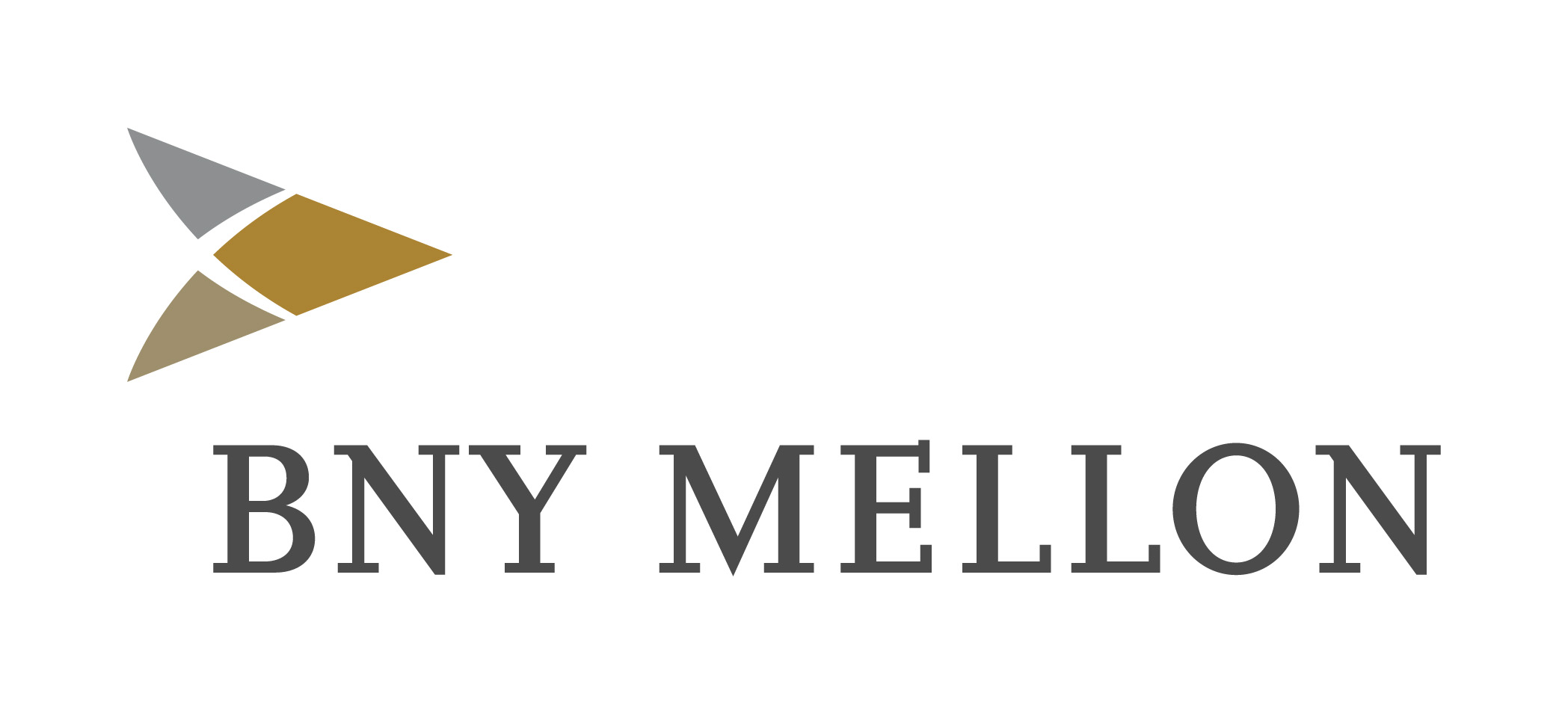Invested: An Interview with BNY Mellon Corporate Social Responsiblity Director John Buckley

John Buckley leads BNY Mellon’s corporate social responsibility practice. Prior to this role, he spent 25 years at the company serving in numerous leadership positions related to major corporate change initiatives. In this interview, John shares his insight into the company’s management of CSR and its 2013 achievements.
BNY Mellon was included in the 2013 Dow Jones Sustainability Index — North America. Why is achieving this milestone important to your CSR efforts and wider business?
Our management team and board challenged us to identify where BNY Mellon should be a social responsibility leader. Of all the CSR rankings and ratings, we determined that the Dow Jones Sustainability Index (DJSI) best covered the areas relevant to our company. When we were listed on the North American Index in 2013, the first year we applied, we felt our strategies and execution were affirmed. The DJSI rating validates the success and transparency of our CSR programs.
How do you track performance against BNY Mellon’s CSR strategy and goals?
We have a robust, companywide system in place. Each year, we create many metric-driven key performance indicators (KPIs) associated with each of our priorities. These KPIs are managed by our executives, and are structured to support our overarching long-term CSR goals with progress reported regularly to our CSR Board Committee. The CSR team works with our executives and their subject-matter experts on how to meet these KPIs and move us closer to achieving our long-term goals. This approach embeds sustainability and produces strong performance across our company.
What were key areas of progress in 2013?
We made strong progress in several areas, especially in our sustainable finance products and services for clients, technology advancements and supply chain management. You can read more about our progress in our long-term goals chart. We are reevaluating our approach to engaging communities in a manner that leverages our strengths. Overall, we are seeing measurable, year-over-year progress across the board.
How is innovation across the company advancing your CSR thinking, strategies and performance?
The company has a Plan to Win that challenges all employees to use new thinking and we are applying this approach to CSR. For example, we are finding innovative ways to reduce our carbon footprint and evolve our training infrastructure and are exploring new products in sustainable finance. Our CEO and executives are also very committed to expanding diversity in our workforce, so we have organized new recruitment programs for senior staff.
Looking ahead, what key challenges do you face in implementing the company’s CSR agenda?
Social responsibility at an investments company can be less obvious than other industries. Our firm plays a critical role in the global marketplace, so our CSR priorities are around investments, training, operations and governance. Our challenge is to better communicate what we are doing in these areas and in others like technology, supply chain management and diversity and inclusion. This year our communications for each of three key audiences — clients, employees and investors — emphasize how our investments focus on social responsibility, materially impacts society.
Read more about BNY Mellon’s CSR strategy, priorities and long-term goals: http://bit.ly/SomMBQ.
At BNY Mellon, we want to build on our long and proud record of good citizenship by providing 21st century industry leadership on social responsibility. As an investments company, it is our business to understand where resources can have the greatest impact. We applied this thinking to our CSR strategy, identifying areas where we can foster positive change.
The result, vetted by internal and external stakeholders and approved by our CSR Council and Board of Directors, is our CSR framework. Invested in Market Integrity, Invested in Our People and Invested in Our World comprise the priority areas where BNY Mellon can make the greatest impact. Strong performance in each of these areas results in a positive material impact on our stakeholders and society and strengthens our company overall.

